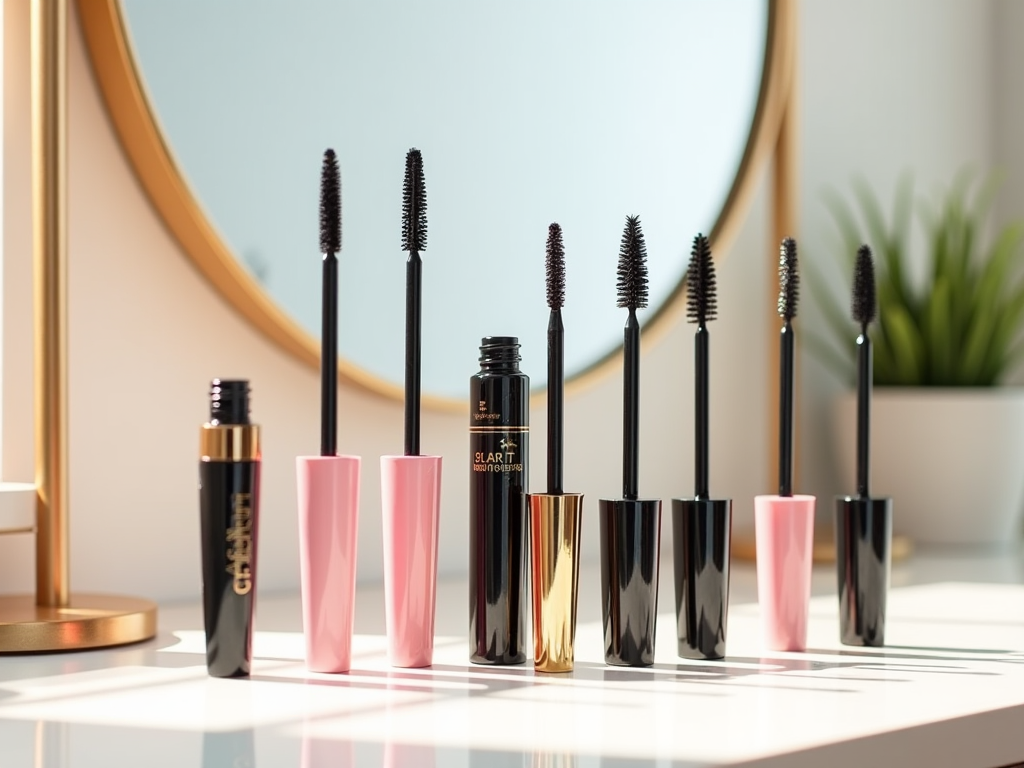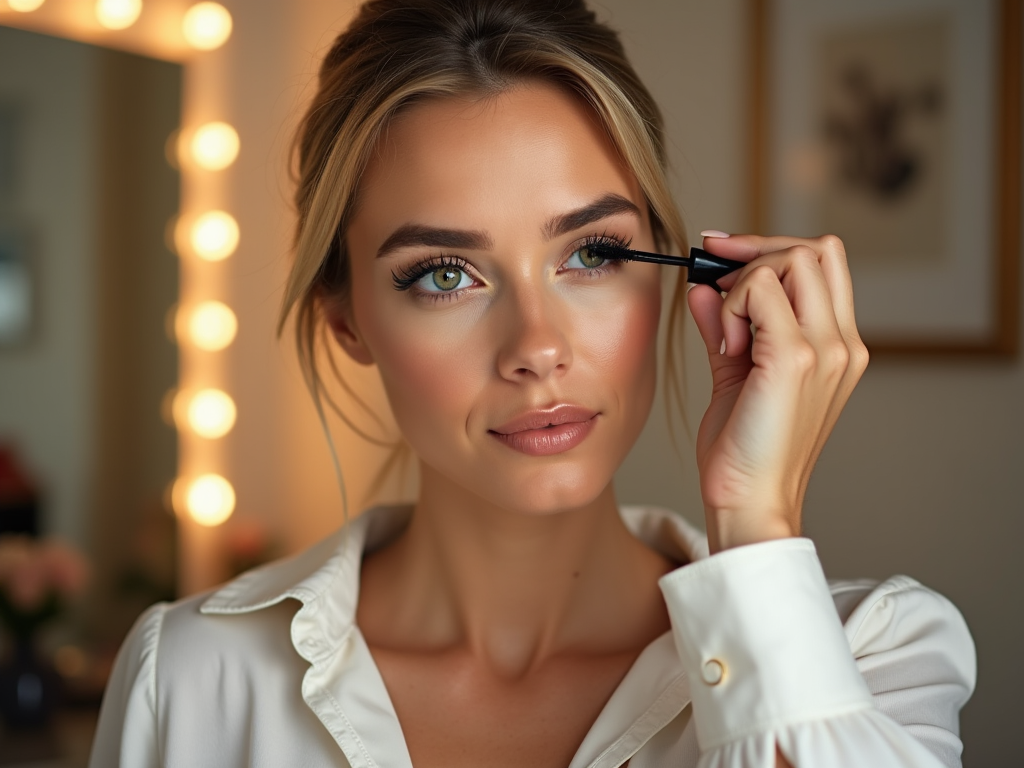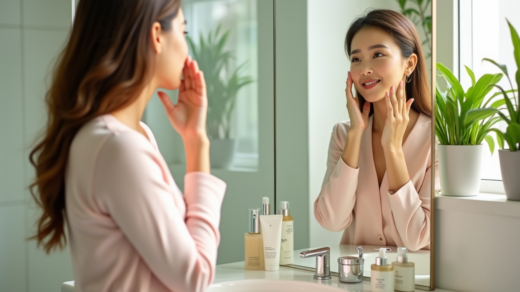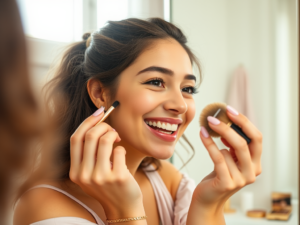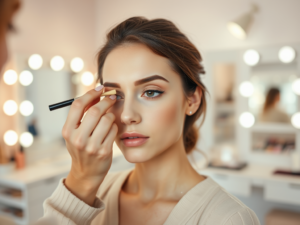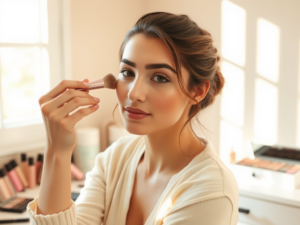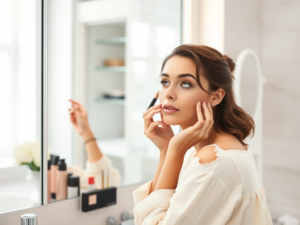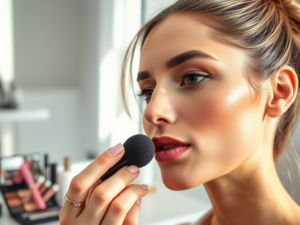What Are Parabens? Should You Be Concerned About Preservatives in Skincare?
Parabens are a group of synthetic compounds commonly used as preservatives in many personal care products, including skincare. They are designed to prevent the growth of harmful bacteria and mold, ensuring that products remain safe and effective for consumers. While they have been a staple in the cosmetic industry for decades, recent debates over their safety have led some consumers to question their use in skincare formulations. This article delves into what parabens are, their potential effects, and whether you should be concerned about them in your skincare routine.
Understanding Parabens
Parabens are esters of para-hydroxybenzoic acid and are primarily used in cosmetics and personal care items. They help extend product shelf life by preventing microbial contamination. Various types of parabens exist, including:
- Methylparaben
- Ethylparaben
- Propylparaben
- Butylparaben
These compounds can be easily absorbed through the skin, prompting discussions surrounding their safety. The prevalent use of parabens is attributed to their effective preservative qualities, which allow manufacturers to produce more durable products. However, challenges arise when studies suggest that parabens can mimic estrogen, raising concerns about hormone disruption in the body.
The Safety Debate Around Parabens
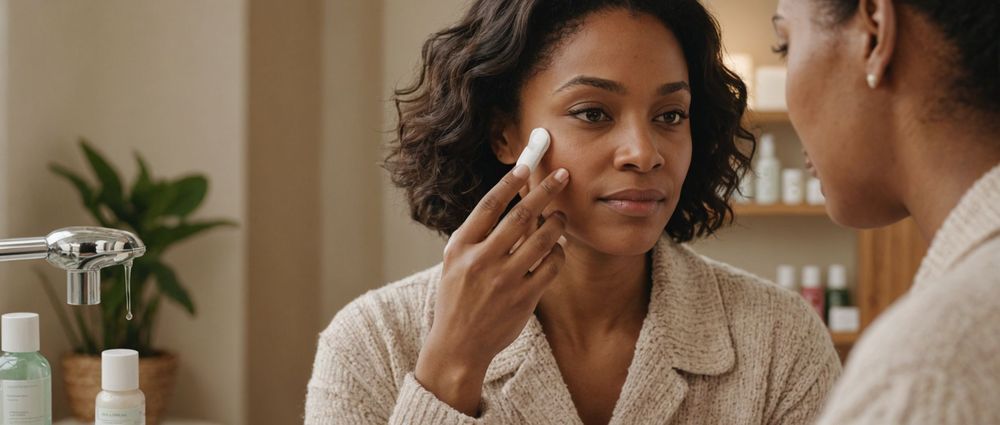
The safety of parabens in skincare has come under scrutiny over the years, especially with the growing interest in natural and organic products. Regulatory agencies like the Food and Drug Administration (FDA) and European Commission deem low levels of parabens to be safe in cosmetics. Nevertheless, some studies have presented evidence linking parabens to potential health risks, including breast cancer and reproductive issues. This information leads to an ongoing discussion about how cosmetic ingredients impact our health. Most health experts agree that the risk posed by parabens in normal cosmetic use is minimal, particularly because exposure levels are significantly lower than those used in studies suggesting harm. However, caution is always advisable, especially for sensitive individuals and pregnant women.
Reasons to Avoid Parabens
Despite their safety profile, some consumers choose to avoid parabens, and there are several reasons behind this preference:
- Potential Hormonal Disruption: Parabens can imitate estrogen, a hormone that regulates various body functions.
- Allergic Reactions: Some individuals may experience skin irritation or allergic reactions from parabens.
- Emphasis on Natural Products: The popularity of clean beauty trends encourages consumers to seek out products devoid of synthetic additives.
- Environmental Concerns: Parabens can accumulate in water sources, raising concerns about their ecological impact.
- Brand Transparency: Consumers often prefer brands that are transparent about their ingredient formulations and choose to avoid parabens as a result.
Alternatives to Parabens in Skincare
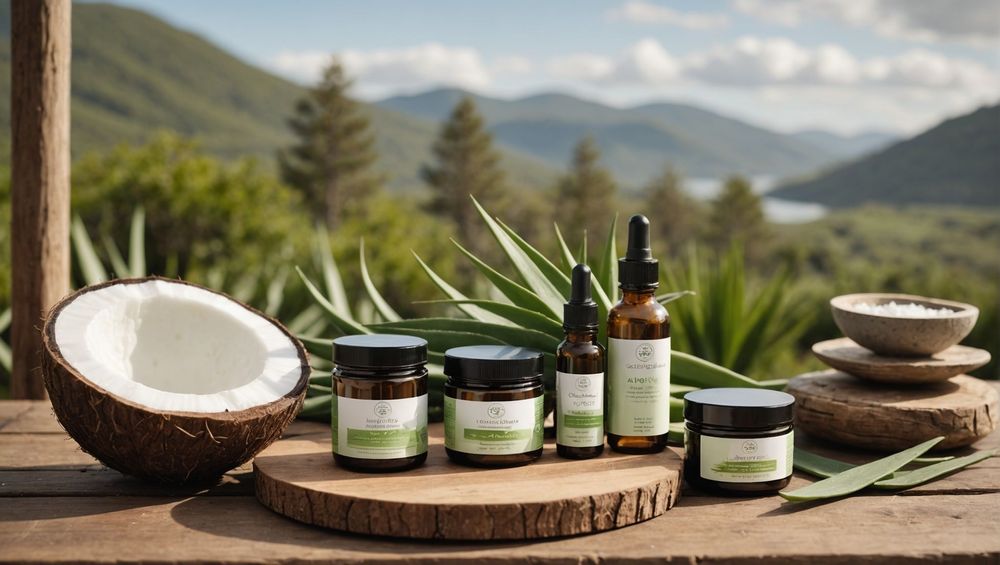
As consumer awareness around parabens grows, many brands have turned to alternative preservatives. These substitutes not only fulfill the same role without the associated risks but also cater to the rising demand for clean and natural products. Some common alternatives to parabens include:
- Phenoxyethanol: A widely used alternative that has a broad-spectrum antimicrobial profile.
- Ethylhexylglycerin: Often paired with phenoxyethanol, it enhances the preservative’s effectiveness.
- Midiallydrovov: A plant-based alternative derived from naturally occurring compounds.
- Sodium Benzoate: A food-grade preservative that is effective in cosmetic formulas.
- Potassium Sorbate: Commonly used in food, it is naturally derived and effective in acidic formulations.
These alternatives provide viable options for formulators looking to exclude parabens while still ensuring product safety. As the beauty industry evolves, more innovative preservatives are likely to emerge, further catering to the demand for paraben-free products.
Conclusion
In summary, parabens have been a subject of significant discussion within the skincare industry. Although regulatory bodies deem them safe at low levels, many consumers are opting for paraben-free products due to concerns about hormone disruption and personal preferences for natural alternatives. It’s essential to be well-informed about the ingredients in your skincare products, allowing you to make choices that align with your values and health concerns. Ultimately, whether to use products containing parabens is a personal decision, informed by ongoing research and individual health considerations.
FAQs
1. Are all skincare products containing parabens harmful?
No, most studies suggest that parabens in skincare are safe at low levels. It’s always advisable to check product formulations if you’re concerned.
2. Can I find effective skincare without parabens?
Yes, there are numerous paraben-free products available in the market that use alternative preservatives while maintaining efficacy.
3. Are natural preservatives better than synthetic ones?
Not necessarily. Both natural and synthetic preservatives can be effective; it depends on their concentration and formulation rather than their origin.
4. How do I determine if a product is paraben-free?
Check the ingredient label for terms like “paraben” or “-paraben,” to confirm they’re not included in the formulation.
5. Should pregnant women avoid parabens?
While most experts consider the everyday use of parabens safe, pregnant women often choose to avoid them to reduce potential exposure.
